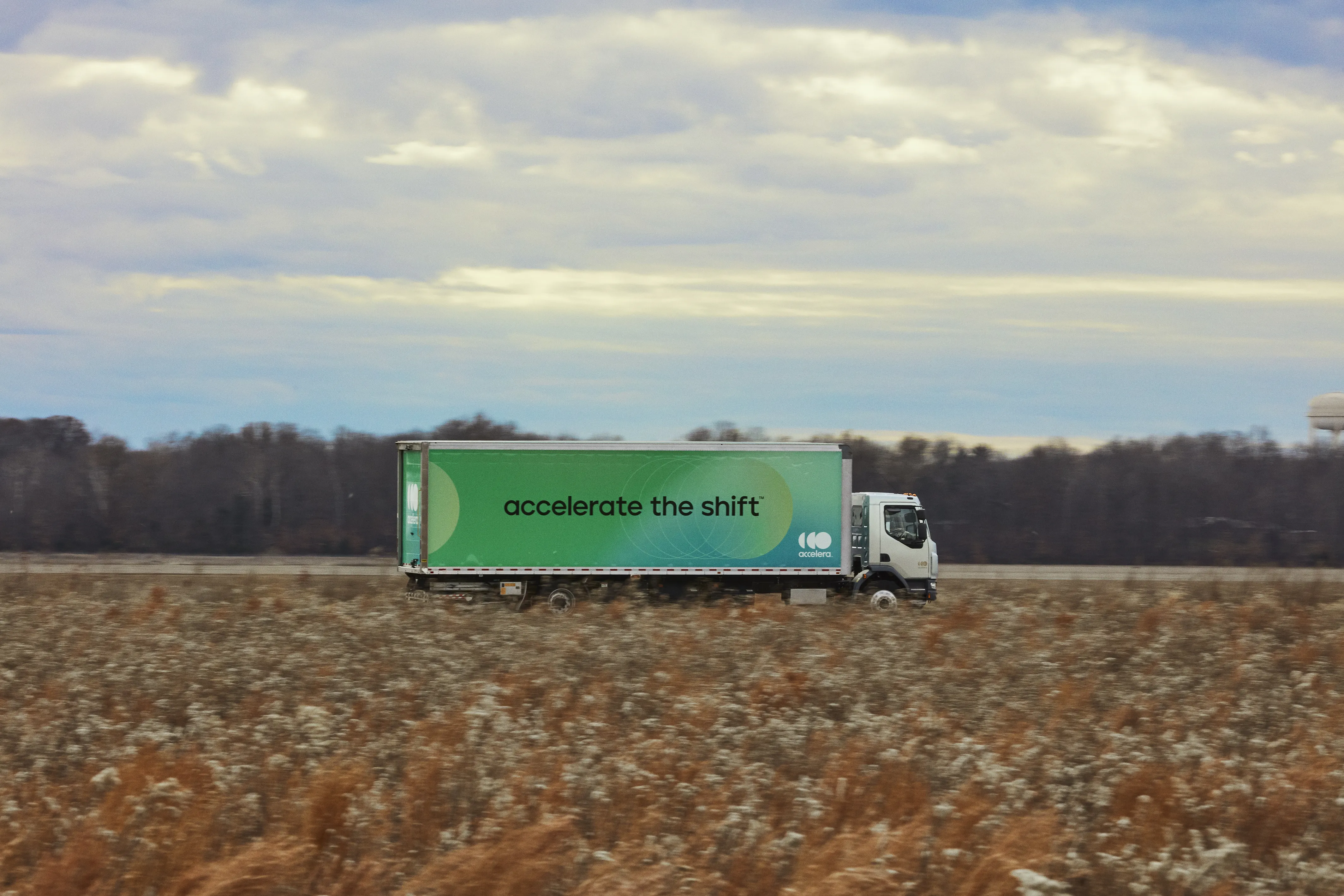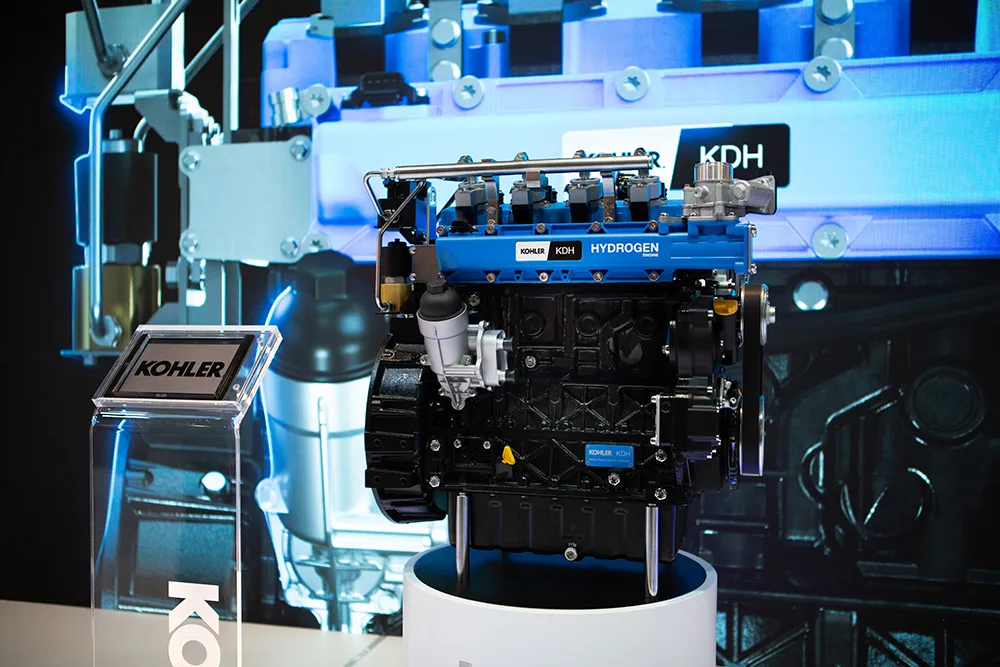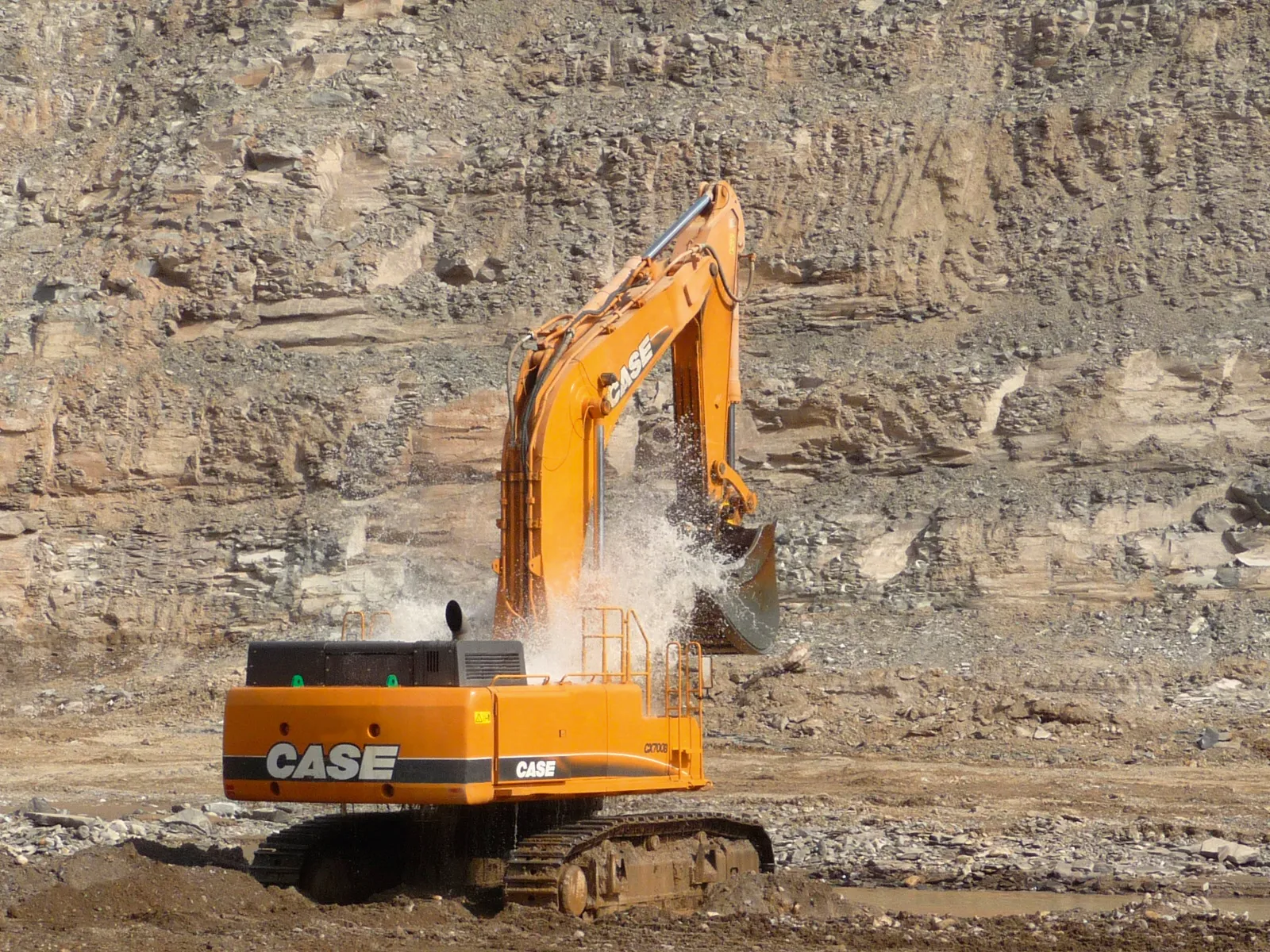
Accelera along with Daimler Trucks & Buses US and PACCAR are partnering to start battery cell production and a battery supply chain in the US.
Accelera, the zero-emissions business unit of engine maker Cummins, Daimler Truck and PACCAR will each own a controlling 30% of the joint venture, according to a press release.
Meanwhile, Chinese batter maker EVE Energy, set up in 2021, will have a 10% ownership and contribute its battery cell design and manufacturing know-how. EVE Energy is a major manufacture of LFP battery cells for the vehicle industry and is publicly traded on the Shenzhen stock exchange in China.
The transaction is subject to customary closing conditions and receipt of applicable merger control and regulatory approvals including the submission of a voluntary notice to the Committee on Foreign Investment in the US.
The planned joint venture will manufacture battery cells for electric commercial vehicles and industrial applications, “creating highly desirable US manufacturing jobs in the growing clean technology sector”. Total investment is expected to be between US$2-3 billion for the plant which will have an annual production capacity of 21GWh. It will focus initially on the lithium-iron-phosphate (LFP) battery technology family for commercial battery-electric trucks.
“A 21GWh plant operating at full capacity in 2026 would provide enough batteries for the entire North American market for all battery electric buses and medium and heavy duty trucks combined, assuming about 10% of trucks are electric in that year,” said Jamie Fox, principal analyst at global market intelligence business Interact Analysis. “A 21GWh plant in 2028 would amount to around a 40% share of all electric buses and medium and heavy trucks – assuming 22% of trucks are electric in that year.”
But Fox noted that the market share would be much lower if light-duty trucks are included in the target markets or the plant also targets international markets beyond North America. Nonetheless, battery packs in trucks and buses can have double the per kWh price that passenger cars have.
“This factory may contribute towards developing economies of scale that can reduce this gap. “Energy storage, industrial and off-road applications are also possible target markets, but would likely only contribute a minority of the total sales from the plant”, said Fox, who has 15 years’ experience covering components for commercial vehicles, including electric vehicles.
The companies said that the LFP battery cells produced by the joint venture will offer several advantages compared to other battery chemistries, including lower cost, longer life and enhanced safety without the need for nickel and cobalt raw materials.
“We have the responsibility to decarbonise in a way that is best for all of our stakeholders and the planet. This requires working closely with key partners. Today’s announcement reflects that action. Not only are we advancing a key technology solution for our customers, but accelerating the energy transition in the US,” said Jennifer Rumsey, chief executive of Cummins.
“Our vision is the highest quality, locally produced battery technology to enhance the operations of our customers and help them achieve their operational and environmental goals,” said Preston Feight, PACCAR chief executive.
“For Daimler Truck, partnerships and a strict focus on costs and smart capital allocation are the key levers to succeed on the path towards sustainable transportation,” said Martin Daum, chief executive of Daimler Truck. “This planned joint venture enables economies of scale beyond Daimler Truck. It is a key puzzle piece of our battery industrialisation strategy, ensuring access to the right battery cell technology at the right cost.”
Accelera by Cummins provides zero-emission solutions and is a components supplier and integrator, focused on batteries, hydrogen fuel cells, e-axles, traction drive and electrolysers. Accelera currently has operations in North America, across Europe and in Asia.
Daimler Truck is one of the world's largest commercial vehicle manufacturers, with over 40 main locations and more than 100,000 employees around the globe. PACCAR designs and manufactures light-, medium- and heavy-duty trucks under the Kenworth, Peterbilt and DAF brands.
In May, PACCAR and Toyota Motor North America announced an expansion of their joint efforts to develop and produce zero emissions, hydrogen fuel cell Kenworth and Peterbilt trucks powered by Toyota’s next-generation hydrogen fuel cell modules. PACCAR said the expanded agreement supports ongoing development and commercialised zero-emission versions of the Kenworth T680 and Peterbilt 579 models featuring Toyota’s hydrogen fuel cell powertrain kit, with initial customer deliveries planned for 2024.









